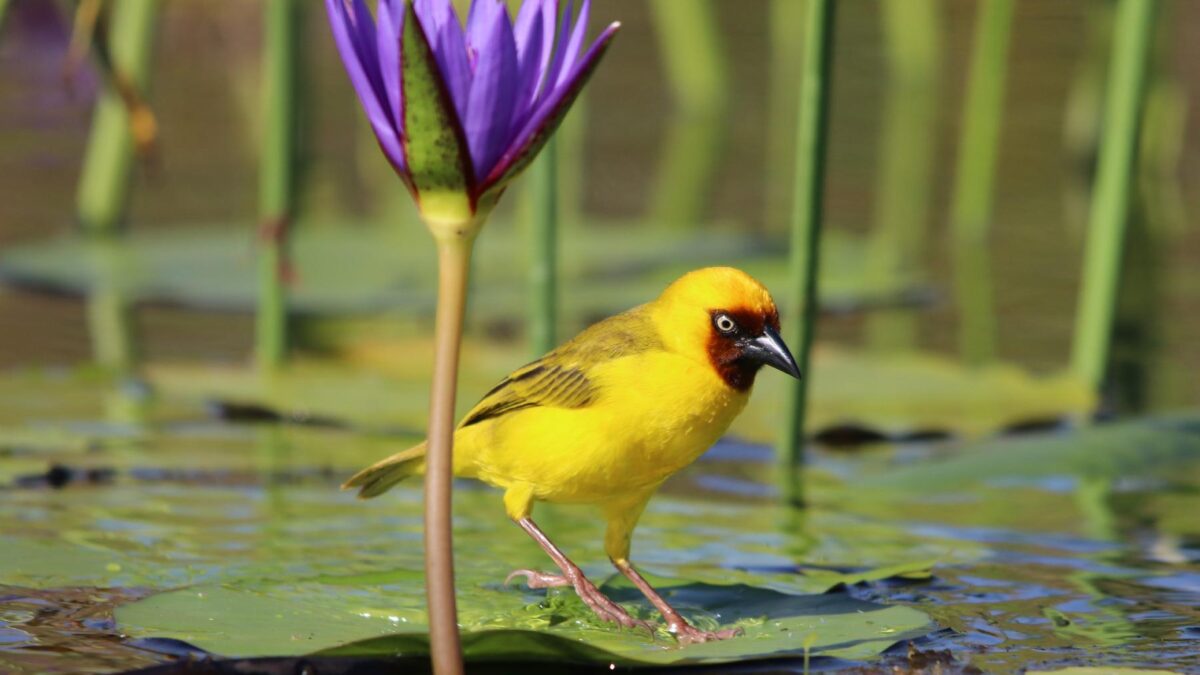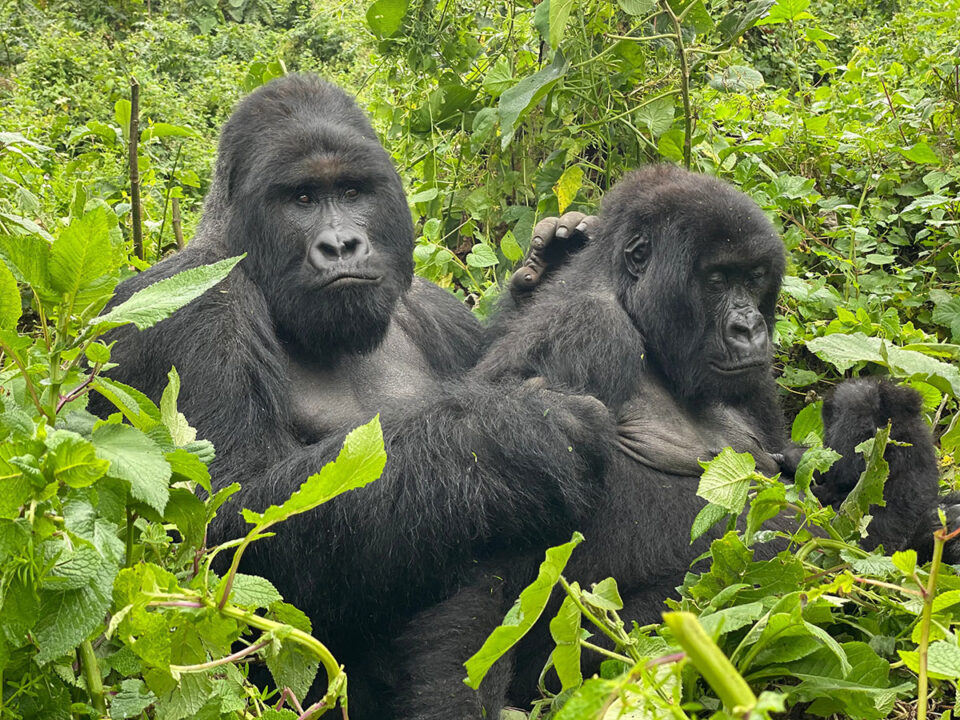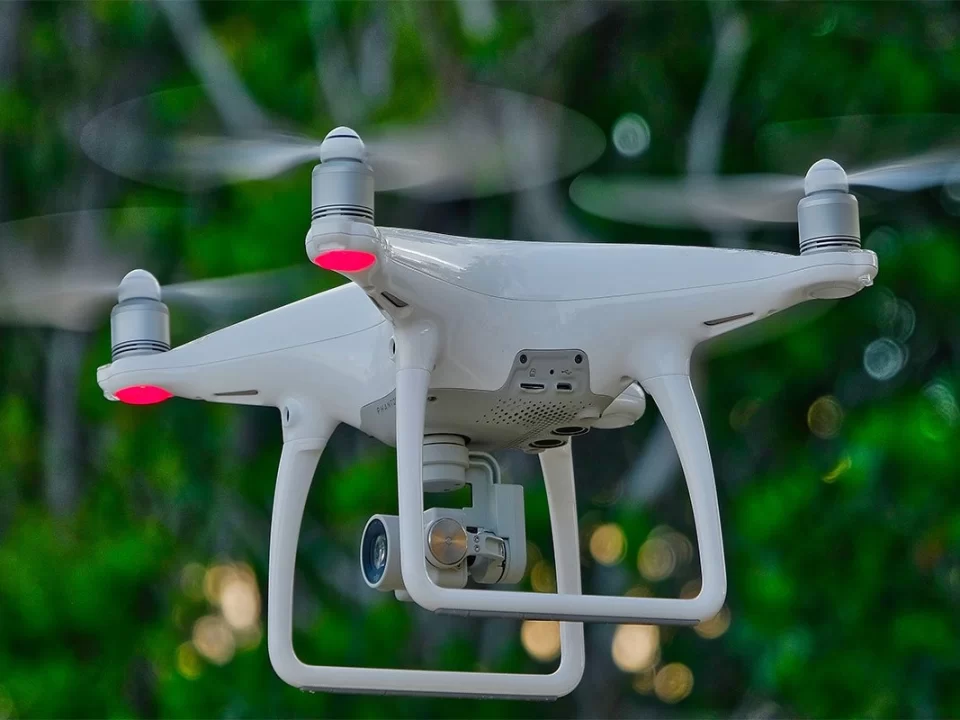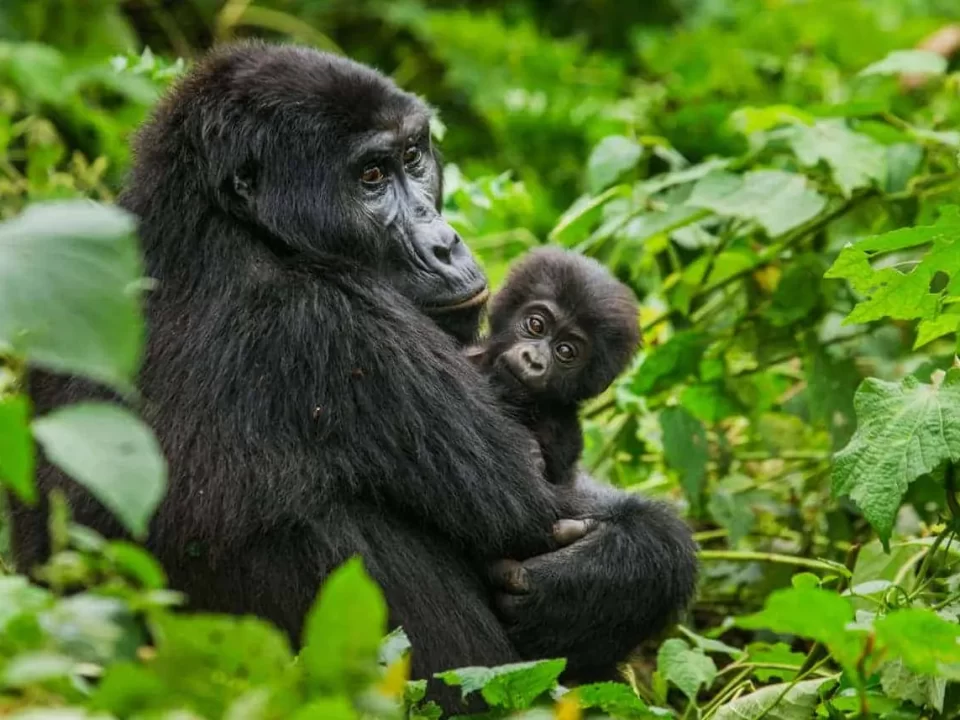Birding Trips around Lake Opeta in Uganda

Critically Endangered Shoebill in Uganda
October 2, 2023
Purple Breasted Sunbird in Uganda
October 2, 2023Exploring the Avian Wonders of Lake Opeta in Uganda: A Birding Safari
Venturing into the captivating realm of birding is a journey of discovery, and Lake Opeta in eastern Uganda offers an enchanting destination for enthusiasts seeking to witness the rich avian life in its natural habitat. Nestled within Soroti district, Lake Opeta is a treasured gem, celebrated for its expansive wetlands and remarkable biodiversity, particularly its diverse bird population. Among the prized avian residents here, two stand out: the rare Shoebill and Uganda’s endemic Fox’s weaver.
Lake Opeta’s Serene Landscape
Situated to the south of Pian Upe Wildlife Reserve, Lake Opeta plays a crucial role as a refuge for both wildlife from the reserve and the nomadic cattle herds of the Karamajong and Pokot, indigenous pastoralists hailing from northeastern Uganda. The lake is fed by the rains from Mount Elgon, and it is connected to Lake Bisina through an intricate wetland network, with both eventually draining into Lake Kyoga. During the rainy season, the area transforms into a waterlogged wonderland, presenting unique challenges for access.
A Sanctuary for Rare Species
Lake Opeta boasts a remarkable population of the magnificent Shoebill stork, a bird that is not commonly encountered elsewhere in Africa. The swamps and wetlands surrounding the lake harbor a variety of plant species, including papyrus, creating an ideal breeding environment for the Fox’s weaver. The region also features wooded grasslands, which further contribute to the area’s diverse birdlife. It is imperative to protect this ecosystem to prevent the Fox’s weaver from facing extinction due to habitat loss.
A Recognized Birding Hotspot
Lake Opeta is one of Uganda’s thirty-three Important Bird Areas and has held the distinction of being a Ramsar-listed wetland of international importance since 2006.
Birdlife Beyond the Shoebill and Fox’s Weaver
In addition to the Shoebill and Fox’s weaver, Lake Opeta provides a habitat for various other avian species, including the near-threatened Papyrus Gonolek, Rufous-Bellied Heron, and over 150 other bird species. Bird enthusiasts will find this site an absolute must-visit.
The Best Time to Visit Lake Opeta
For birdwatching and exploration, the optimal time to visit Lake Opeta is towards the end of the year during the dry season when water levels have receded. It’s advisable to bring sturdy waterproof footwear due to the occasional muddy terrain.
Getting to Lake Opeta
The road journey from Uganda’s capital, Kampala, to Lake Opeta takes approximately five and a half hours. Despite its remote location, Lake Opeta’s natural beauty and tranquility make it a destination cherished by all who venture to this secluded haven.
Conservation Efforts and the Fox’s Weaver
The Fox’s weaver, known for its solitary nature, is a unique bird, with breeding habits characterized by nests existing at fewer than three nests per square kilometer. Breeding primarily occurs from April to September, with a few instances in November. Nature Uganda, through its dedicated efforts, is working to raise awareness and conserve the Fox’s weaver, which faces ongoing threats. The organization has secured a grant from the African Birding Club to support research and conservation initiatives around Lake Opeta, with a focus on population monitoring, distribution, density, and threats to this endangered species.
Lake Opeta holds the distinction of being the sole location in Uganda where the Fox’s weaver is currently observed, making it an invaluable sanctuary for this remarkable bird. While Uganda offers numerous birdwatching sites, none other presently records the presence of the Fox’s weaver outside this region.




